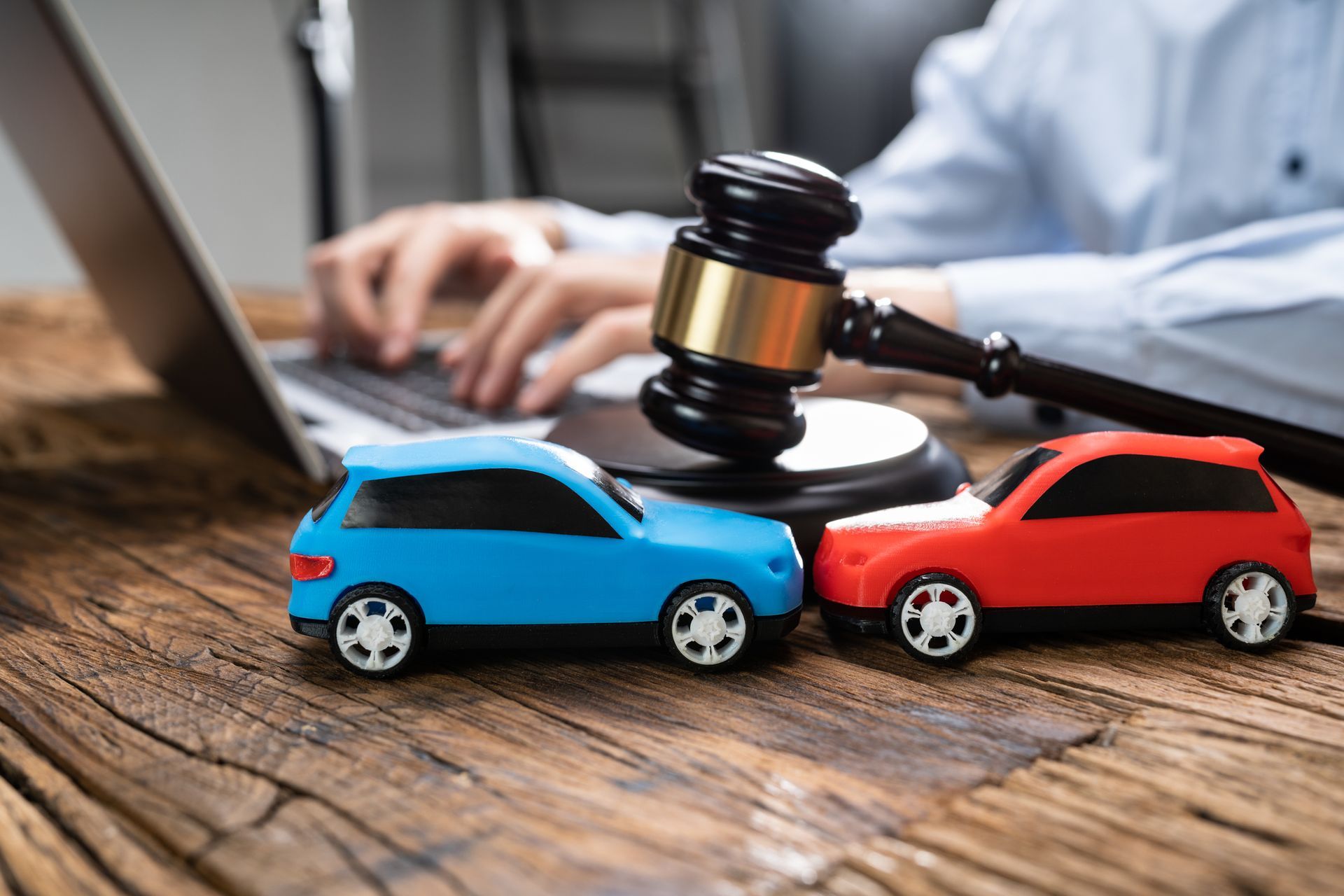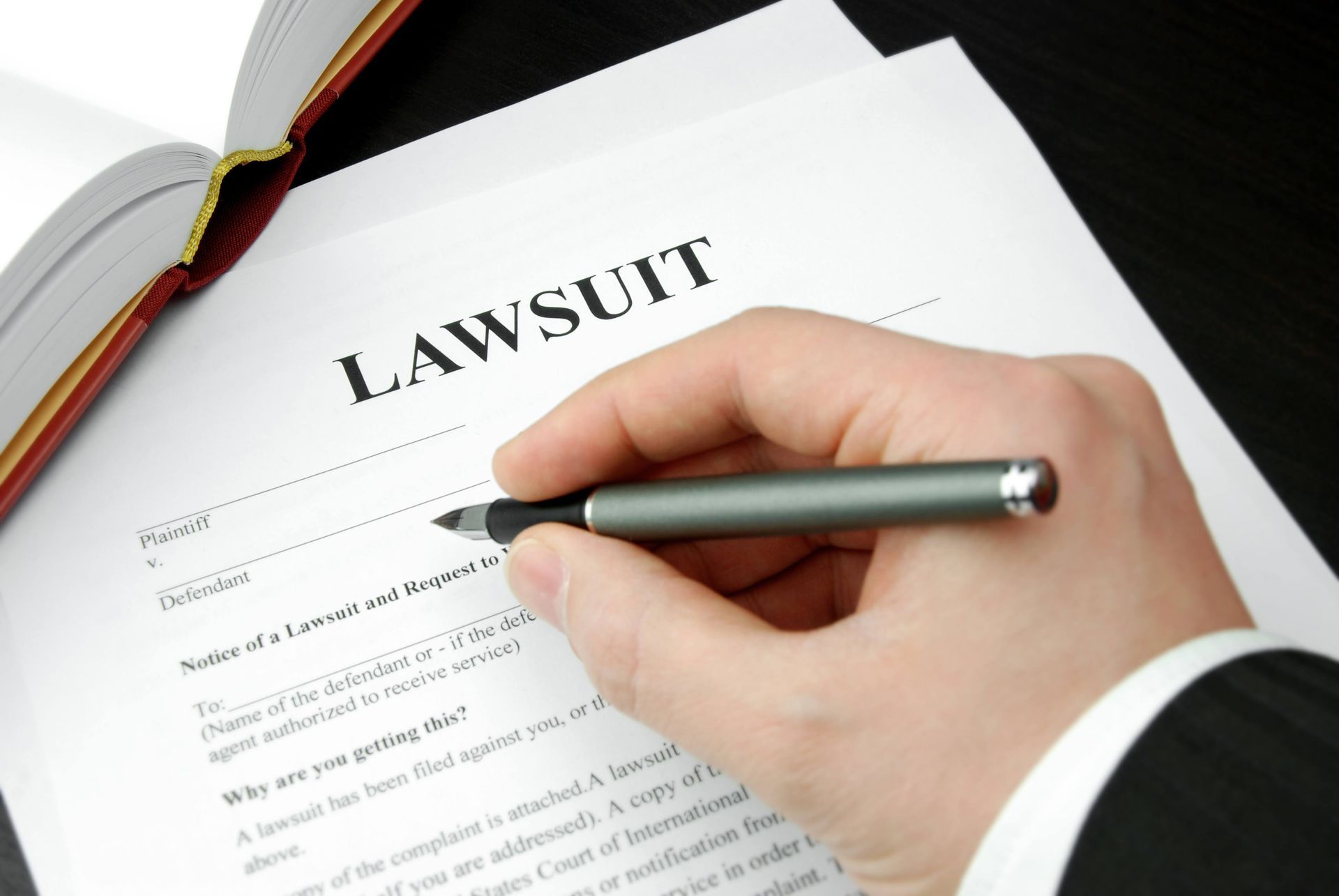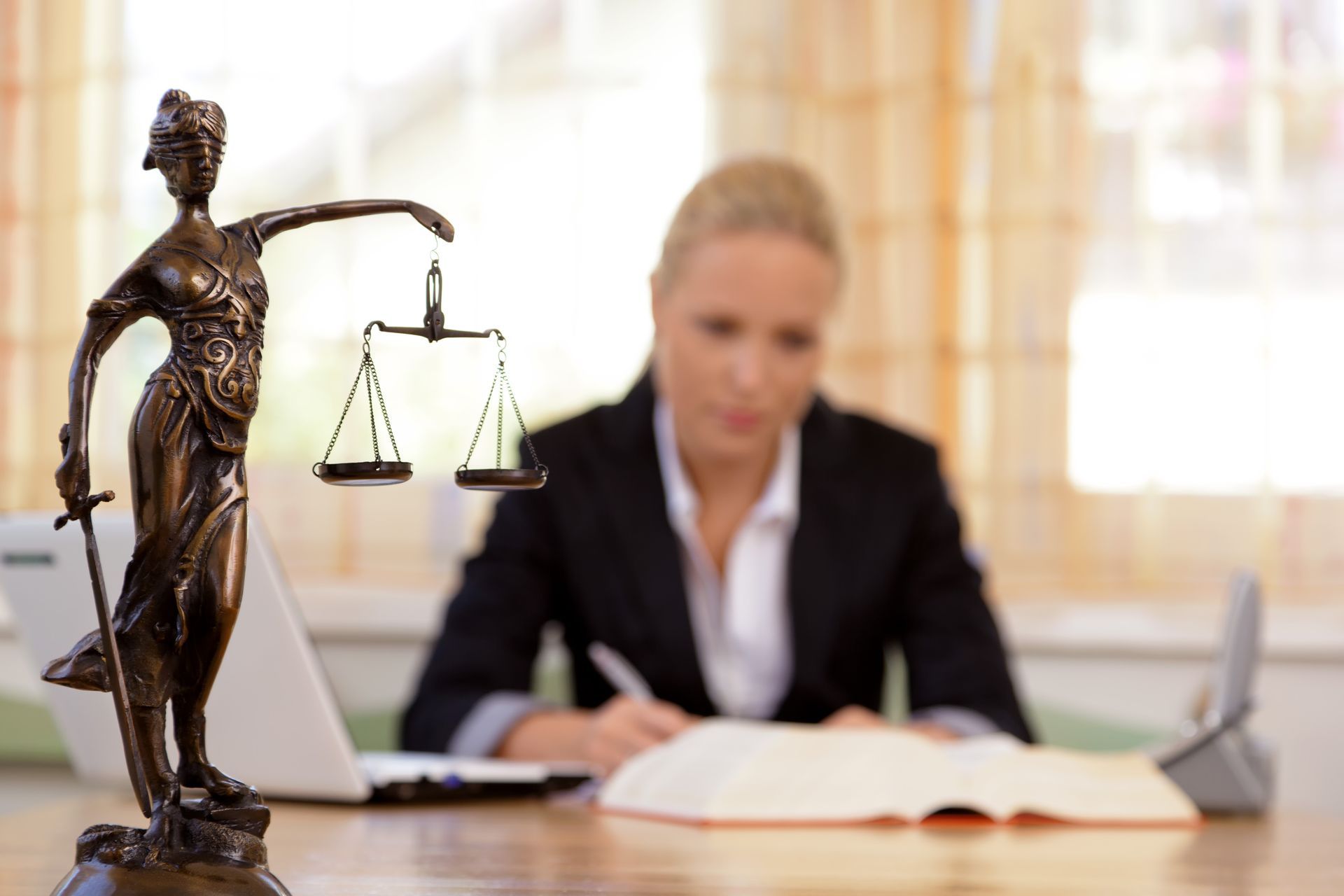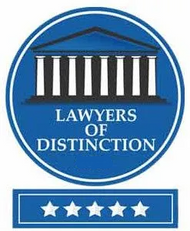Are Property Owners Liable For Your Injuries? Answers To Your Questions
January 5, 2023

When you have an injury, you deserve the maximum compensation you can receive in order to recover fully and move on. And one key to getting that compensation is to understand premises liability. What is it? What are its limits? And how can you prove it in court? Explore answers to your most important questions.
Premises liability refers to the responsibility, or duty of care, a property owner has to provide a reasonably safe environment for those who use the property. Every person or organization owes a certain duty of care toward themselves and others. Liability happens when someone breaches that duty of care, resulting in harm.
You might assume that if you slip and fall on someone's stairs, the owner of the property is the first one you should sue. However, a few reasons explain why the owner may not be the most liable party.
The first is if their duty of care doesn't extend to the cause of your injury. If the stairs were properly maintained and a freak accident occurred that no one could have foreseen or planned for, the property owner may not be particularly liable.
What if the stairs were in good condition, but you were running down them? In this case, the property owner may argue that you are liable for your own injury and no breach of their own duty of care occurred.
People can be on a piece of property for many different reasons. So premises liability law addresses this by reasoning on how much duty of care each party is due on the property.
Each state sets out its own rules about the duty of care toward visitors. In many states, these visitors are part of three categories. Invitees are those specifically there for the benefit of the property owner (such as customers). Licensees can be on the property, but they are usually there for their own benefit as well (such as servicepersons). Trespassers are not to be on the property at all.
Some states, including New York, often simplify this to determine the amount of liability based not on the reason a person is there but on how foreseeable their visit was. When you open your door to customers, you expect them to come. But you don't expect a thief in the night.
What likely matters to you after an injury is getting the compensation you deserve. In most cases, the best way to do this is by putting in a claim against the property owner's insurance. However, if this is insufficient, you may need to sue responsible parties directly. The property owner may be the one with the deepest pockets to pay any judgments, and you may find their duty of care easier to prove.
Of course, just because you believe or know that the property owner was responsible doesn't mean you'll win in court. In general, you must prove four elements. What are these?
First, the property owner must have an appropriate duty of care toward you based on state standards. Then, they must have breached this duty. That breach must cause your injury. And finally, that injury must result in financial harm in some quantifiable way.
Did you get an injury on someone's property? Have they tried to get out of their responsibility? Do multiple parties have some liability? Does insurance not cover your needs? No matter what you face after your accident, start by meeting with the team at Schonberg Law Offices . We'll help you understand your rights and find the best path to success.
What Is Premises Liability?
Premises liability refers to the responsibility, or duty of care, a property owner has to provide a reasonably safe environment for those who use the property. Every person or organization owes a certain duty of care toward themselves and others. Liability happens when someone breaches that duty of care, resulting in harm.
Are Property Owners Always Liable?
You might assume that if you slip and fall on someone's stairs, the owner of the property is the first one you should sue. However, a few reasons explain why the owner may not be the most liable party.
The first is if their duty of care doesn't extend to the cause of your injury. If the stairs were properly maintained and a freak accident occurred that no one could have foreseen or planned for, the property owner may not be particularly liable.
What if the stairs were in good condition, but you were running down them? In this case, the property owner may argue that you are liable for your own injury and no breach of their own duty of care occurred.
Does It Matter Why You're There?
People can be on a piece of property for many different reasons. So premises liability law addresses this by reasoning on how much duty of care each party is due on the property.
Each state sets out its own rules about the duty of care toward visitors. In many states, these visitors are part of three categories. Invitees are those specifically there for the benefit of the property owner (such as customers). Licensees can be on the property, but they are usually there for their own benefit as well (such as servicepersons). Trespassers are not to be on the property at all.
Some states, including New York, often simplify this to determine the amount of liability based not on the reason a person is there but on how foreseeable their visit was. When you open your door to customers, you expect them to come. But you don't expect a thief in the night.
Should You Pursue the Owner?
What likely matters to you after an injury is getting the compensation you deserve. In most cases, the best way to do this is by putting in a claim against the property owner's insurance. However, if this is insufficient, you may need to sue responsible parties directly. The property owner may be the one with the deepest pockets to pay any judgments, and you may find their duty of care easier to prove.
What Do You Need to Prove Your Case?
Of course, just because you believe or know that the property owner was responsible doesn't mean you'll win in court. In general, you must prove four elements. What are these?
First, the property owner must have an appropriate duty of care toward you based on state standards. Then, they must have breached this duty. That breach must cause your injury. And finally, that injury must result in financial harm in some quantifiable way.
Where Can You Start?
Did you get an injury on someone's property? Have they tried to get out of their responsibility? Do multiple parties have some liability? Does insurance not cover your needs? No matter what you face after your accident, start by meeting with the team at Schonberg Law Offices . We'll help you understand your rights and find the best path to success.











